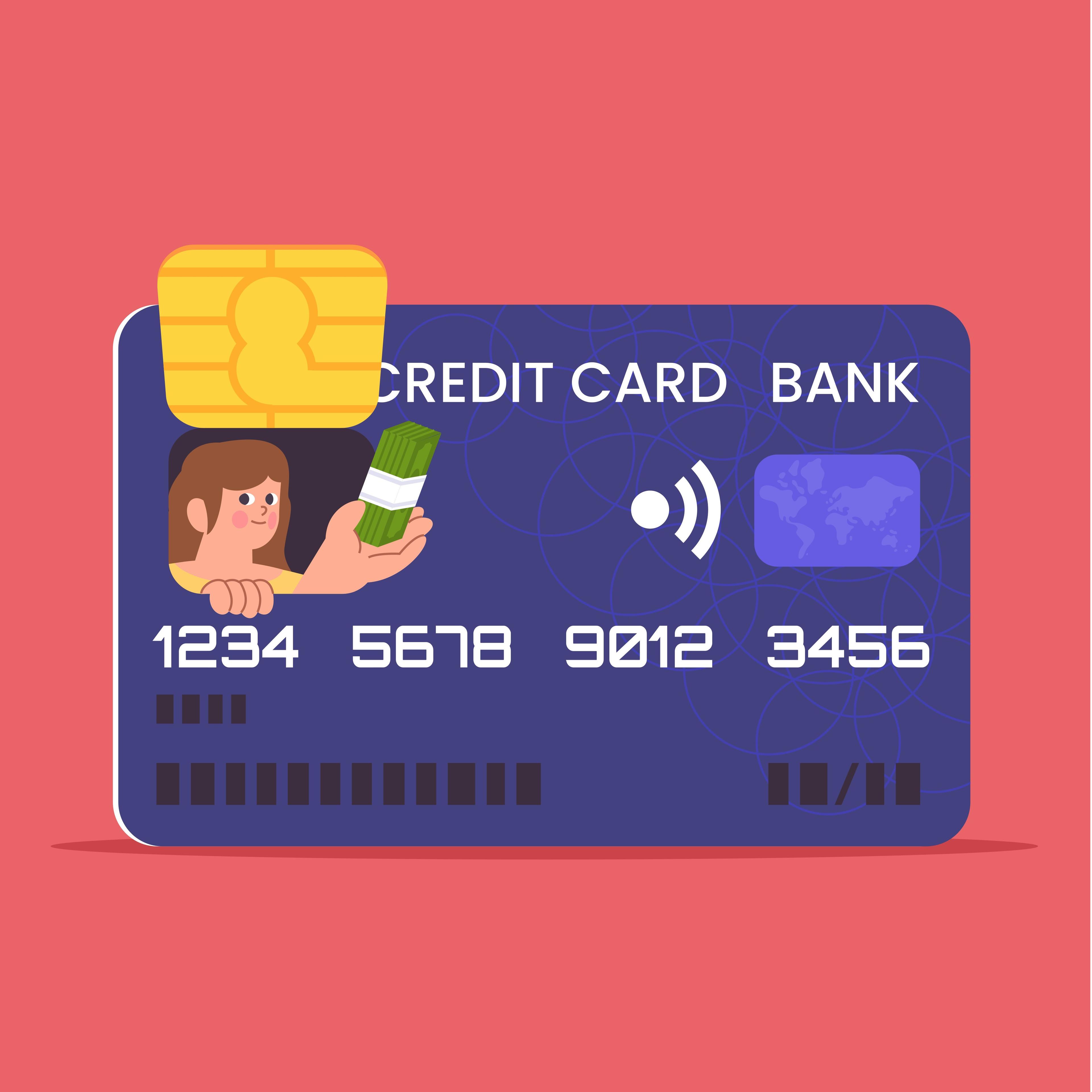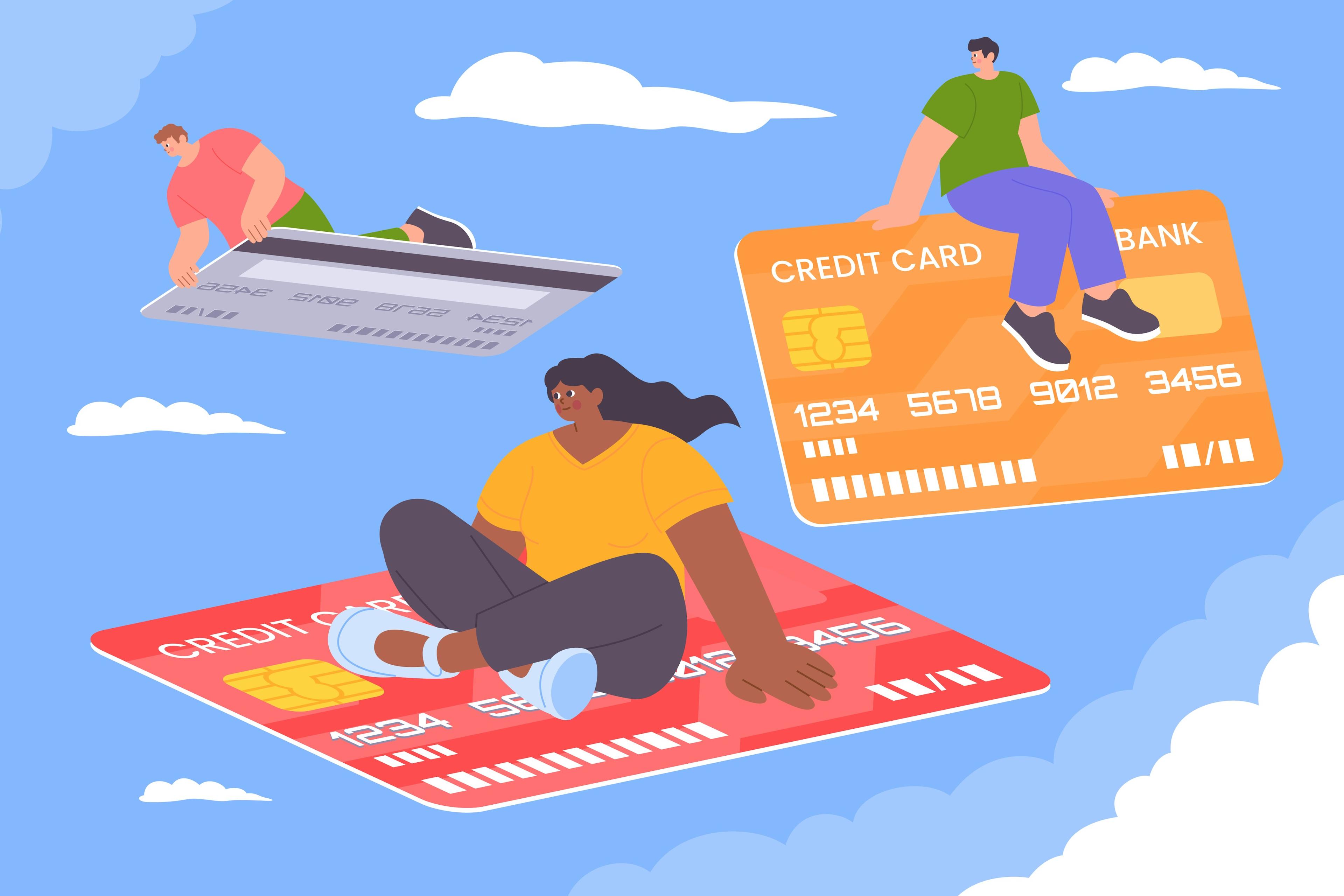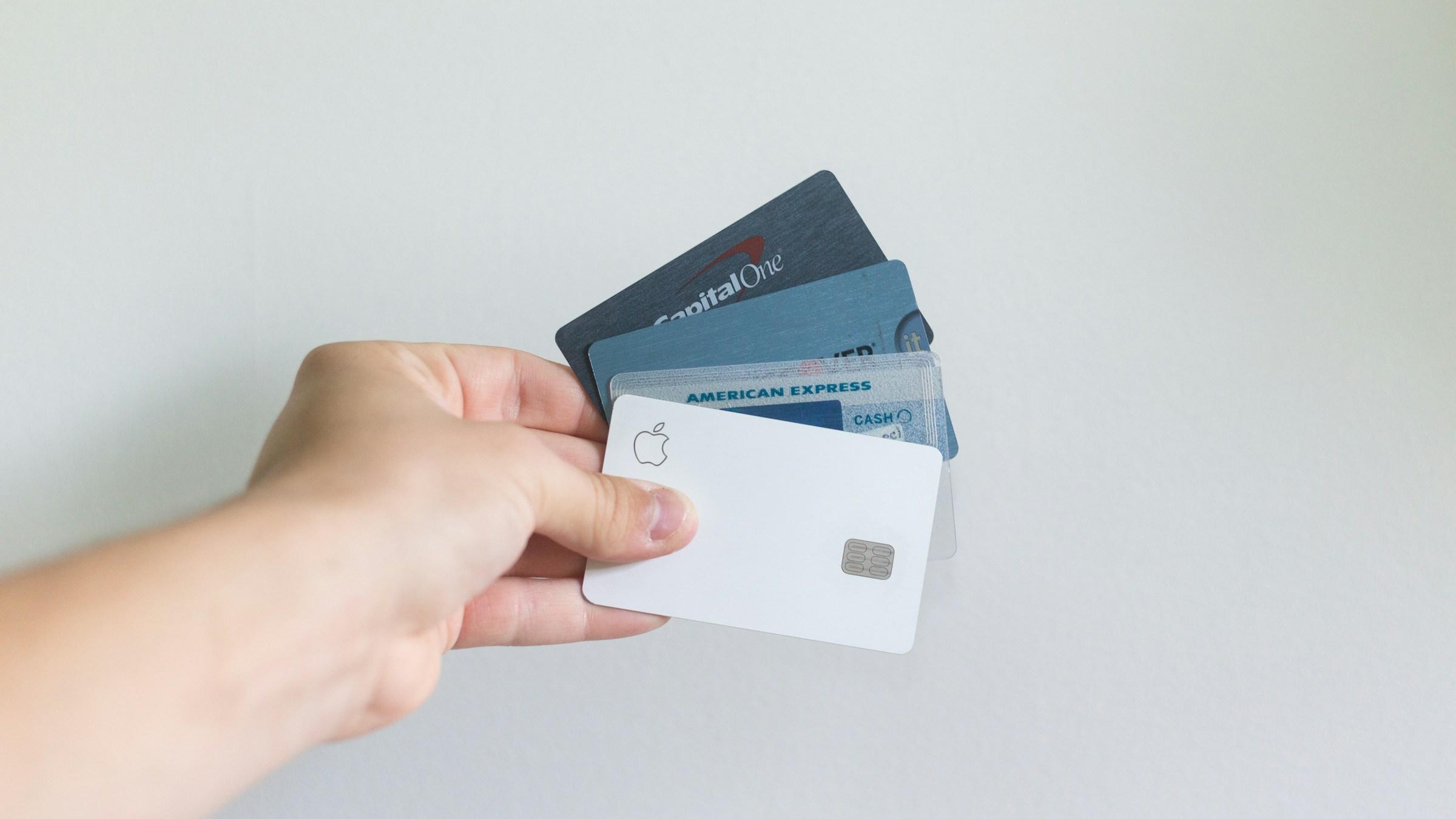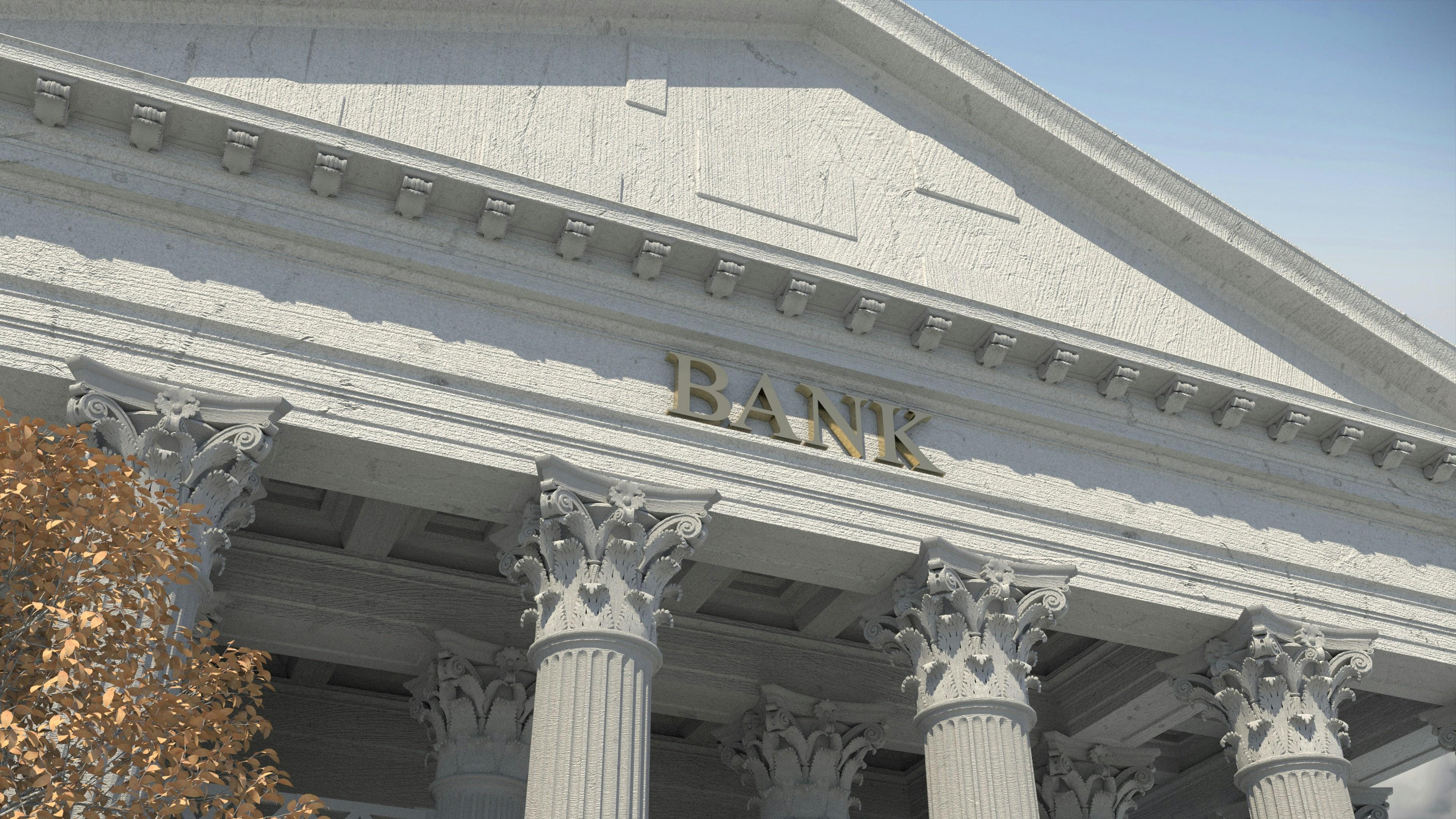Credit card arbitrage sits in a strange corner of personal finance where discipline meets speculation. On paper, it seems straightforward. A bank offers a low or zero percent promotional interest rate on a credit card or balance transfer. You take that borrowed money, move it into a higher yielding savings account, fixed deposit, or other investment, and aim to pocket the difference between what you earn and what you pay. In reality, this is a short term borrowing strategy that depends heavily on timing, strict self control, and careful reading of fine print. Without these, the supposed opportunity can turn into expensive debt surprisingly quickly.
To minimize the risks of credit card arbitrage, it helps to stop thinking of it as easy extra income and treat it instead as a very specific project with a clear start date, end date, and rules. The potential “profit” is usually just a small interest spread, a few percentage points at most. The potential downside, however, includes late fees, penalty interest rates, damaged credit, and the stress of juggling payments if anything goes off track. That imbalance means the strategy only makes sense for someone who is highly organized, has stable cash flow, and is willing to do the unglamorous work of planning and monitoring.
The first major risk lies in the promotional structure itself. Most zero percent or low rate offers are not permanent features of the credit card. They are limited time promotions attached to an underlying facility that charges a much higher standard interest rate once the promotional period ends. If you have not fully repaid the borrowed amount by that exact end date, the cost of borrowing can jump into double digits in a single billing cycle. When that happens, whatever small gain you expected can evaporate almost overnight. The only way to reduce this particular risk is to treat the promotion end date as a hard deadline, not a suggestion, and to size the borrowed amount so that you can clear it well before that date even if your investment earns less than you hope.
Fees are another less visible but very real source of risk. It is easy to focus on the headline interest rate and ignore everything else, but credit card arbitrage lives in the details. Many balance transfer offers charge a fee that is a percentage of the amount transferred. Cash advances often come with upfront fees and higher interest that starts immediately. Cards can also carry annual fees, foreign transaction charges, or platform fees if you are using the funds for certain types of investments. On the other side, the place where you park the money, whether it is a savings account, fixed deposit, or investment platform, may also charge account or transaction fees. When you add up a three percent transfer fee, an annual card fee, and any charges on the investment side, the nice looking interest spread can shrink quickly. Before committing, a careful user writes down every fee, converts them into annual percentage terms, and then decides whether the remaining benefit still justifies the effort and the risk.
Timing creates another layer of complexity. Credit card debt under promotional terms is usually rigid and short term. You know exactly when you must repay. The asset or instrument you choose for your arbitrage may not be as predictable. A promotional balance used to buy into stock markets, for example, can backfire if prices fall further or take longer to recover than you expect. Even if you are ultimately right about the investment, you might be forced to sell at a loss just to meet your repayment deadline. For this reason, cautious individuals who explore arbitrage often restrict themselves to very low risk, highly liquid places to park the funds, such as high yield savings accounts or fixed deposits with maturities that fall before the promotion ends. The moment you start stretching for higher returns in riskier assets, you magnify the chance that your repayment schedule and your investment timeline will fall out of sync.
Your own behavior and habits matter just as much as the numbers. Credit card arbitrage assumes that you will be able to keep this borrowed amount mentally separate from your daily spending and that you will not change your lifestyle just because you see a larger balance sitting in your bank account. In real life, this separation is not always easy. If you already find it difficult to pay more than the minimum on your credit cards, or if you sometimes lose track of due dates, adding another layer of complexity can make things worse. If your income is irregular or your expenses are already tight, you may feel tempted to dip into the borrowed funds during lean months, which defeats the purpose of the strategy and increases your risk. A safer way to handle this is to dedicate one card for the arbitrage project, avoid swiping it for everyday purchases, and commit to fixed, automatic monthly payments that line up with your salary date.
Execution risk, the risk of making a simple mistake, is often the biggest practical threat. One missed payment due to travel, illness, a busy period at work, or sheer forgetfulness can trigger penalty interest rates and late payment charges that erase months of effort. Automation is a useful tool here. Setting up automatic payments for at least the required minimum or planned installment amount reduces the chance that your plan will be derailed by a technical error. Keeping a modest cash buffer in the linked bank account can protect you from failed auto debits. You can still choose to make extra manual payments when you have surplus cash, but you will not be relying on your memory to avoid penalties.
You also need to consider how this short term borrowing will look from the perspective of future lenders. Opening new cards, using a large percentage of your available credit limit, or carrying several promotional balances at once can influence your credit score and your overall profile. If you plan to apply for a mortgage, car loan, or other major credit facility in the near future, a temporary gain from arbitrage might not be worth the potential impact on your borrowing capacity or interest rates later on. A prudent approach is to set a strict upper limit on how much of your total credit capacity you are willing to assign to such strategies and to keep your overall credit behavior conservative, with on time payments and gradually declining balances.
Life events form another category of risk that people do not always think about when the plan is drawn up. It is easy to feel confident when income is stable and expenses are steady. Yet jobs can change, businesses can slow down, health issues can arise, and family obligations can increase. Credit card debt, even under a promotion, does not adjust itself when your life does. The bank expects repayment on schedule regardless of what is happening to you. The most careful way to minimize this risk is to treat credit card arbitrage as something you attempt only when your basic financial foundations are already strong. That means having an emergency fund in place, no outstanding high interest card balances, and a level of income stability that would allow you to continue repayments even if your investment does not perform as planned.
On the investment side, caution should be the default. It is tempting to tell yourself that because the money came from a promotional offer, it feels a little like “found money” and can therefore be exposed to higher risk. This mindset is dangerous, because losses on borrowed funds are more painful. You still owe the full amount back to the bank whether the investment worked or not. A more responsible attitude is to view borrowed funds as even more sensitive than your own savings. That means confining them to relatively safe and predictable options, accepting a modest return in exchange for greater certainty, rather than chasing aggressive gains.
Legal and contractual details also deserve attention. Different banks and card issuers define their promotions in different ways. Some only apply zero percent rates to specific types of transactions. Others treat direct transfers of funds into your bank account as cash advances and charge higher fees and interest from day one. There may be conditions that terminate the promotional rate immediately if you miss even a single minimum payment. All of these details sit in the terms and conditions that many people skim or ignore. To minimize risk, you need to slow down and read these carefully. If any part of the documentation seems unclear, it is sensible to contact the bank, ask specific questions, and keep a written record of the answers.
For anyone who still feels attracted to the idea after going through all these layers of risk, a gradual approach is often best. Instead of starting with the largest amount you can qualify for, you can treat your first attempt as a small scale experiment. Choose an amount that you could repay out of your existing savings if everything goes wrong. Map out your plan, record every fee and payment, and monitor your statements throughout the promotional period. At the end, compare the actual result with what you had predicted. If the difference is large, that is a signal that your forecasting or your habits need work before you consider repeating the strategy. If the outcome matches your expectations and you found the process manageable and not overly stressful, you will have a more realistic picture of whether arbitrage suits your personality and financial situation.
In the end, minimizing risk in credit card arbitrage is not about discovering a secret trick. It is about recognising that borrowing to invest is never completely safe, no matter how carefully packaged the offer appears. This kind of strategy demands discipline, attention to detail, and a willingness to accept that a relatively small possible gain comes with meaningful downside. For many people, the honest conclusion is that their time, energy, and money are better spent on simpler goals such as paying down existing debt, building savings, and investing steadily from income. For a smaller group who are highly organized, have solid cash buffers, and treat arbitrage as a tightly controlled, short term project rather than a lifestyle, the risks can be contained but never fully removed. The crucial step is to be honest about your own habits and constraints before you decide whether this is an experiment you truly need in your financial life.















